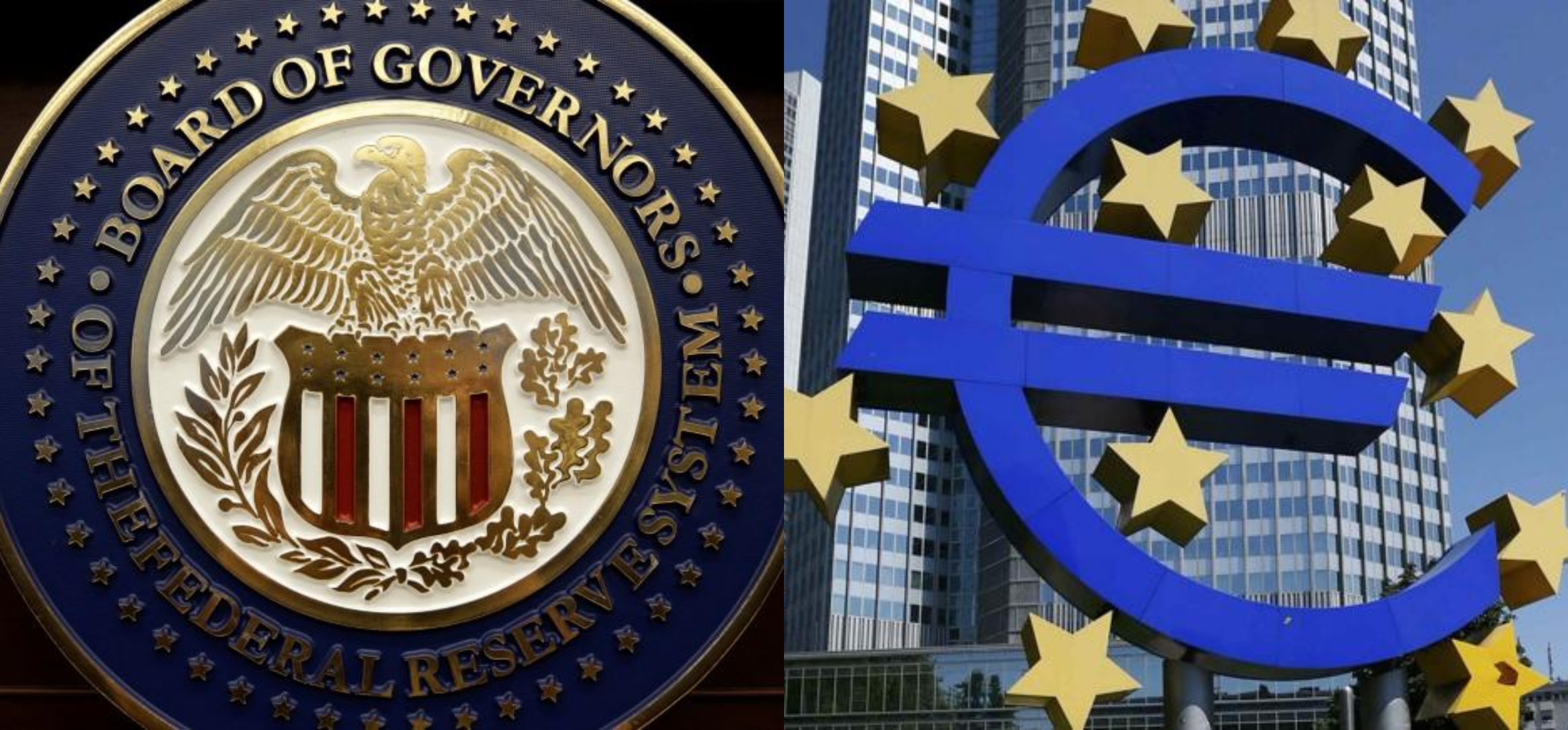I’ll tell you about the great ball between central banks

The in-depth study by Gianni Bessi
The air in Frankfurt is fraught with concern. The resumption of infections in this summer marked by 2020, using the words of Christine Lagarde, appears to be 'a headwind in the short-term prospects of recovery' given the improvement in estimates of the decline in GDP in the Eurozone which will be 8% compared to 8, 7% expected with a growth of 5% in 2021 and 3.2% in 2022. The obsession with the strong euro and the impact of pricing policy still remains.
Money was a theme dear to his Bolognese friend Alberto Corazza, little known but acute economist, who noted the pitfalls for liberal doctrines to the point that the most widespread strategy to deal with them in this area is the attempt to get rid of them.
The problem is that in the eyes of a liberalist (true, and not of fashion), money represents an extreme form of state sovereignty, and consequently a political distortion of the free market. In practice, an abuse. Precisely because of its capillarity it would insinuate the long hand of the State into every hole in private life and the economy, which is precisely the chosen ground on which, for a liberalist, private relations between free citizens unfold.
Here, then, is how money becomes an instrument, a great narrative – intervenes Filippo Onoranti, my traveling companion in these stages of the European economy – to which peoples and people are used to giving credit; and liberalism proposes itself as the new atheism of this metaphysics of money, and from the perspective of a liberalist a sort of economist theocracy derives from it.
Behind the Maya veil of a price, which in itself means nothing, are all the other goods and services that are marketable for that amount – in jargon it is said that the perfect currency has an exclusively "numerary" role, that is, it quantifies equivalent goods.
What is the basis of this equivalence is another – thorny – question. There are classical doctrines that think of the amount of work required to package a commodity and make it available to a consumer; others think of an ideal average value of the utility of the commodity; but everyone agrees that money intrudes on the ideal sphere of the perfect economy, and the liberal dream would be to vaccinate the real economy from the effects of money meddling.
Among the roads, the one that thinks about the establishment of central banks is the most conciliatory with a concrete and short-term administrative horizon, while the most daring visions even hypothesize an abolition of legal currency and hypothesize the free creation of competing payment instruments between them. Here Filippo Onoranti described this hypothesis in an interesting popular guide on the topic of cryptocurrencies.
Returning to the Central Bank activity that we focused on in our journey into the European Zeitgeist , this is perceived in certain quarters as the greatest threat that capitalism faces. The paradox of the current situation is that German ordoliberalism still has and is still triumphing. One can argue about 'proportionality' but not about the action taken yesterday and today.
In fact, it dominates in the strict anti-inflationary rules of the European Central Bank and of all the Central Banks. It dominates in the "privatization" of public debt. It also dominates in the "manufacturing" of money, because with financial globalization an infinite number of financial instruments are developed from whose competition the true value of goods emerges.
But something is changing. At the annual meeting of the central bankers of the world obviously in streaming mode given the Covid situation, the President of the Federal Reserve Jerome Powell begins to dismantle the Maginot or Siegfried line, depending on the European side with Franco-German traction, the fight against inflation and who will think twice about pulling the brake. Is it the resumption of economic policies? And who will be the protagonist? The model of 'political capitalism' theorized by Max Weber and explained by Alessandro Aresu in the book The powers of political capitalism, today in Chinese Communism format to be clear or in that of Anglo-Saxon Capitalism pushed forward thanks to Brexit in the new USA – UK anglosphere? And will Europe remain anchored to the axiom of fighting inflation whatever it takes?
Mario Draghi presented his recipe for a state that raises the debt for the time it takes, without dropping the consequences on future generations, with ample guarantees from the public sector to support demand. A strict but supportive state. A lesson that reminds me of a great teacher: Beniamino Andreatta.
(2. end; the first part can be read here )
This is a machine translation from Italian language of a post published on Start Magazine at the URL https://www.startmag.it/economia/vi-racconto-il-gran-ballo-fra-banche-centrali/ on Sun, 20 Sep 2020 05:08:04 +0000.
